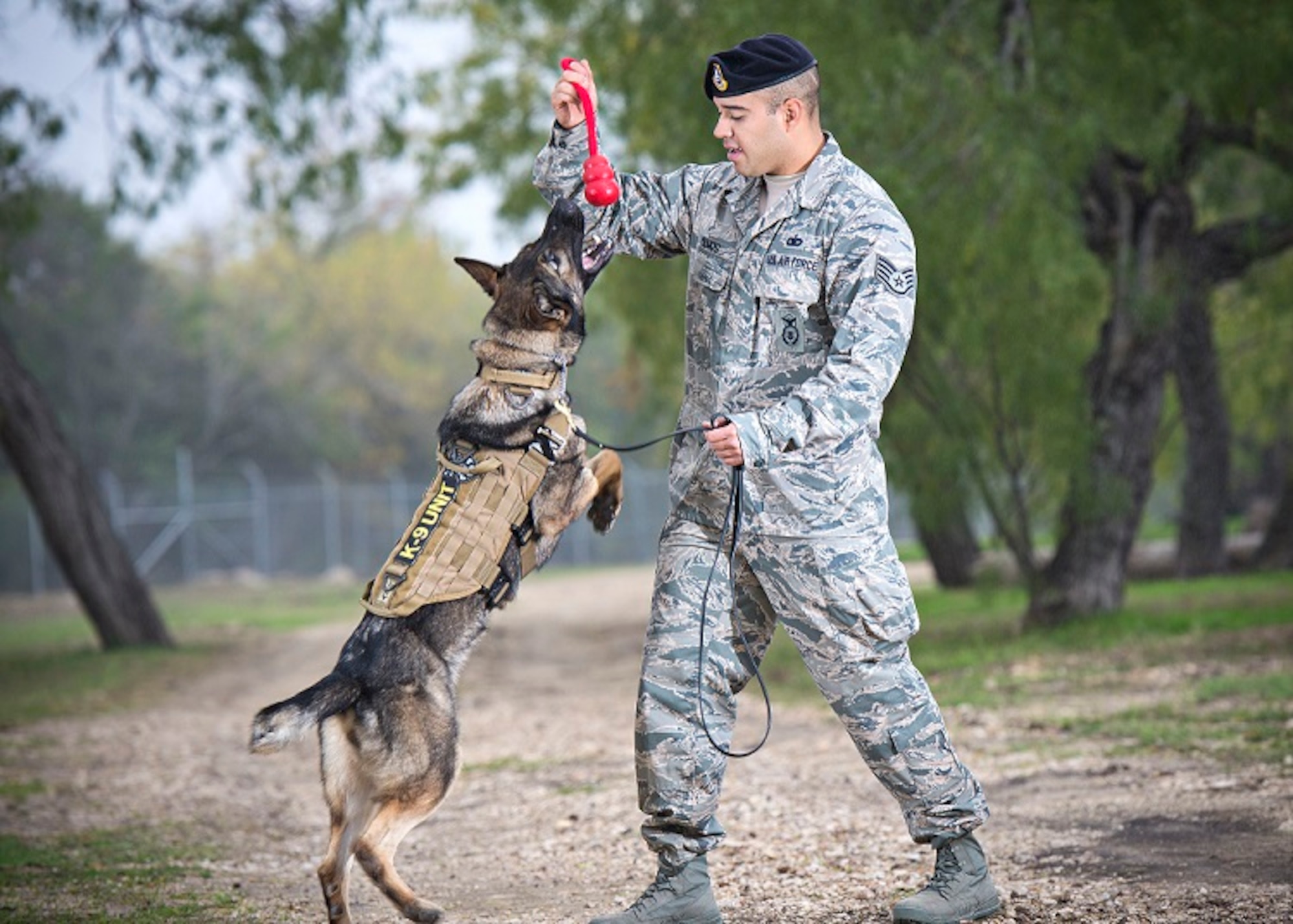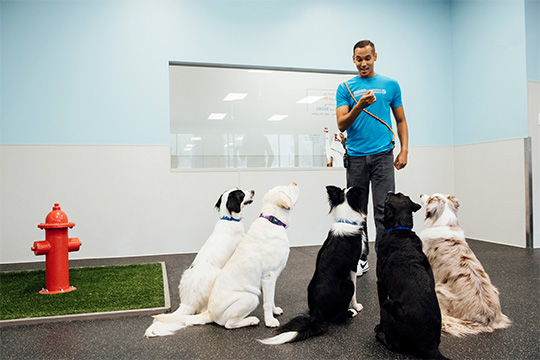Transform Your Pet's Behavior With Proven Training Methods
Transforming your canine's habits calls for a nuanced understanding of their specific characteristics and demands, along with the application of tried and tested training approaches. By using positive reinforcement and recognizing vital add their body movement, you can properly resolve common behavior concerns such as too much leaping or barking. Uniformity in your training method not just improves obedience however likewise promotes a deeper bond of trust and regard in between you and your pet. However, the course to successful change may present unexpected challenges that warrant more expedition.
Recognizing Canine Behavior
Recognizing pet dog behavior is essential for reliable training and communication in between humans and their canine companions. Pet dogs, as social animals, show a range of actions affected by genetics, atmosphere, and experiences - Dog training. Identifying these habits helps owners customize their training approaches to satisfy the specific requirements of their dogs
Secret elements of pet actions consist of body language, articulations, and social interactions. Additionally, socializing plays a vital function in shaping actions; dogs that interact positively with various people and other animals are generally much more well-adjusted and adaptable.
Furthermore, acknowledging anxiety signals-- such as evasion, panting, or pacing habits-- can stop acceleration into more severe problems. Owners who are attuned to their dog's actions can develop a safe and caring environment, fostering trust fund and improving the training process. Inevitably, a deep understanding of canine behavior lays the structure for an unified relationship and effective training results, making certain both pet dogs and their owners thrive with each other.
Favorable Reinforcement Methods
Favorable reinforcement strategies are commonly recognized as one of one of the most effective techniques for training canines, fostering a favorable discovering environment. This strategy includes rewarding desired behaviors with treats, appreciation, or play, therefore motivating the canine to duplicate those behaviors. Unlike punishing methods, favorable reinforcement constructs count on and reinforces the bond between the trainer and the pet.
Incentives must be provided instantly complying with the wanted actions to aid the pet dog make the link. Uniformity is also necessary; making use of the very same commands and rewards aids the pet dog recognize what is anticipated.
It is important to note that positive support is not regarding bribery; rather, it is regarding reinforcing great habits. With time, as the pet dog finds out to connect specific actions with positive outcomes, the frequency of benefits can be slowly decreased, transitioning to verbal praise or recurring incentives. This approach not just motivates obedience however likewise promotes a positive and delighted pet dog, making training a much more satisfying experience for both celebrations involved.
Addressing Typical Concerns
Addressing common problems during canine training is vital for making sure a unified and successful relationship in between the canine and its proprietor. Lots of canine owners run into behavior challenges, such as too much barking, leaping, and leash drawing. Comprehending the origin of these behaviors is vital for reliable training.
Extreme barking may originate from monotony, anxiousness, or a lack of socializing. To alleviate this, offer enough exercise, mental excitement, and opportunities for social interaction with both humans and various other canines. Jumping can typically be you could look here an indicator of enjoyment or a wish for interest. Training the dog to rest upon welcoming can reroute this behavior positively.
Leash pulling is another widespread problem, regularly resulting from a dog's eagerness to explore. Making use of appropriate chain dealing with strategies, combined with training procedures that urge loose-leash walking, can substantially improve this actions.
On top of that, problems like resource protecting or splitting up anxiety require tailored approaches. Gradual desensitization and counter-conditioning can be efficient in resolving these obstacles. By recognizing and proactively managing these typical problems, pet proprietors can foster a more satisfying training experience and enhance the bond with their canine friends.
Consistency in Training

To attain uniformity, it is important that all members of the family abide by the same training approaches. For circumstances, using the very same verbal signs and hand signals makes certain that the canine receives consistent messages. In addition, the timing of modifications and rewards must correspond; immediate support boosts the possibility that the pet will connect the actions with the end result.
Regular method sessions, combined with organized schedules for feeding, walking, and playtime, assistance canines anticipate and understand their atmosphere, making them a lot more responsive to training. Ultimately, consistency fosters a feeling of safety and trust fund, encouraging dogs to learn much more properly.
Structure a Solid Bond
Exactly how can cultivating a solid bond in between a canine and its owner boost the training experience? When a pet dog feels protected in its link with its proprietor, it is much more most likely to display positive actions and be responsive to learning.
Moreover, a solid bond helps with better interaction. Canines are adept at checking out human hints, and a relying on relationship enables clearer signals throughout training. Owners that invest time in structure this bond via play, socializing, and favorable support produce an environment where pets really feel determined and excited to learn.
In addition, a reputable link can minimize anxiety and behavioral issues, as pet see page dogs are less likely to act out when they really feel recognized and taken care of. Prioritizing the growth of a solid bond not only improves the training experience but additionally contributes to a happier and a lot more well-adjusted pet. Ultimately, the journey of training changes right into great post to read a collective partnership, bring about lasting behavioral improvements.
Final Thought

Owners who are attuned to their pet's actions can develop a nurturing and secure environment, fostering trust and boosting the training procedure. Eventually, a deep understanding of canine behavior lays the structure for an unified connection and effective training end results, making certain both pets and their owners thrive together.
Resolving typical issues throughout canine training is crucial for making sure a harmonious and effective connection between the pet and its owner.Uniformity is a keystone of effective pet training, as it establishes a clear framework for the pet dog to understand actions and expectations.In verdict, transforming a pet's habits via verified training methods needs an understanding of canine behavior, the application of favorable support methods, and an emphasis on consistency.